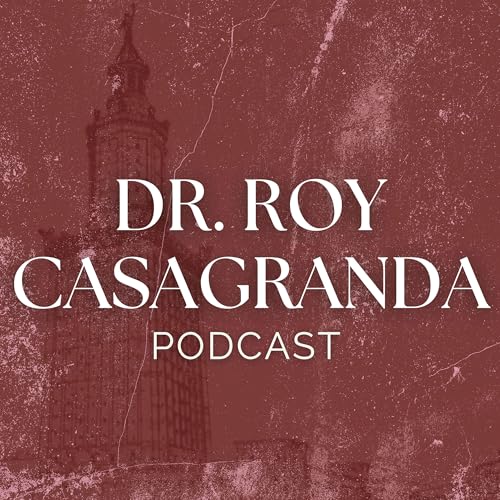
Who Was Muhammad II Fatih?
Échec de l'ajout au panier.
Veuillez réessayer plus tard
Échec de l'ajout à la liste d'envies.
Veuillez réessayer plus tard
Échec de la suppression de la liste d’envies.
Veuillez réessayer plus tard
Échec du suivi du balado
Ne plus suivre le balado a échoué
-
Narrateur(s):
-
Auteur(s):
À propos de cet audio
The fall of Constantinople in 1453 marked the end of the Roman Empire after more than 2,000 years and the rise of the Ottomans as a dominant global power. Dr. Roy explores the centuries of turmoil that led to this moment: Mongol invasions, the Black Death, fractured kingdoms, and shifting alliances. With vivid detail, he traces Mehmed II's relentless campaign, the innovations of siege warfare, and the last desperate defense of the Byzantine world.
Takeaways:
- How the Mongol invasions set the stage for centuries of upheaval in the Middle East and Europe.
- The fragmentation of the Roman Empire and the weakening of Byzantium after the Crusades.
- The rise of Mehmed II as a young sultan obsessed with taking Constantinople.
- The building of massive cannons, including the legendary “Basilica,” to batter the city’s famed walls.
- The ingenious naval maneuver of dragging ships over greased logs into the Golden Horn.
- The desperate final stand of Constantine XI and the multinational defenders of the city.
- Why the fall of Constantinople was not just an ending, but the beginning of a new imperial age.
Resources & References:
- Genghis Khan and Timur Lang.
- The Black Death (1347-1351) and its long-term impact on population and immunity.
- Orban’s great cannon, “Basilica”, and other Ottoman siege innovations.
- Constantine XI Palaiologos, the last Byzantine emperor.
- The fall of Constantinople (1453).
- Vlad the Impaler, aka "Dracula".
Beyond the podcast:
- Want to watch this lecture? Check out the full video.
- Want to support the show? Buy Dr. Roy a coffee!
This lecture was originally recorded at the Museum of the Future for the series Lessons from the Past (2025).
Pas encore de commentaire


